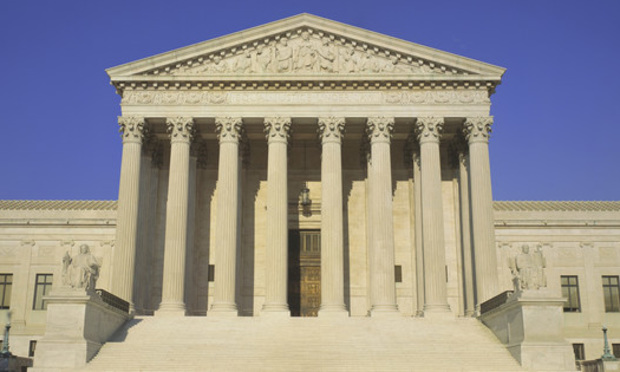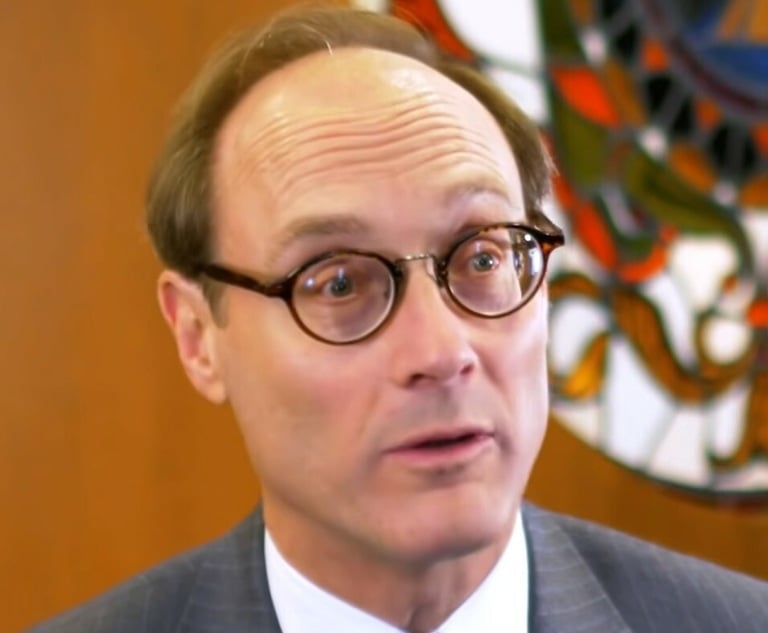The Supreme Court’s recent unanimous opinion in Kelly v. United States is the latest in a series of high court decisions curtailing the power of federal law enforcement to prosecute public corruption. Stemming from the so-called “Bridgegate” scandal, in which New Jersey officials intentionally caused a days-long traffic jam to serve the governor’s re-election campaign, the case confirms that only a narrow band of corrupt practices by state or local officials runs afoul of federal fraud statutes—typically those that involve a concrete showing of cash flowing into the official’s pockets in exchange for official action.
This result may put pressure on state law and state law enforcement as the locus of public corruption enforcement, but vigorous enforcement on the state level faces notorious political obstacles. Federal prosecutors intent on reining in official abuse of government power will still have the lead role, but they will now need to show that the official’s acts were aimed at depriving the government of property—not merely that a scheme had the effect of misusing government resources.


 U.S. Supreme Court in Washington, D.C. Photo Credit: Diego M. Radzinschi/ALM
U.S. Supreme Court in Washington, D.C. Photo Credit: Diego M. Radzinschi/ALM




